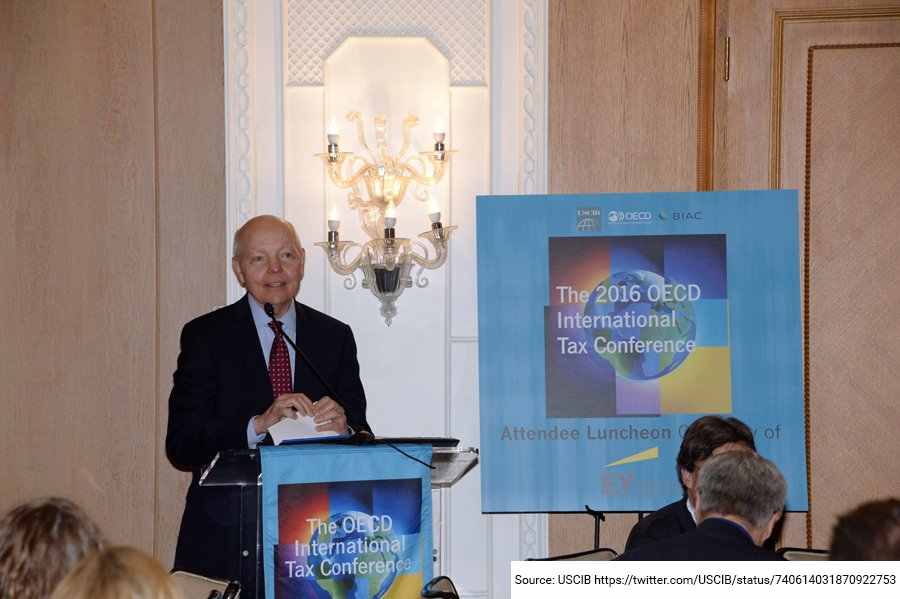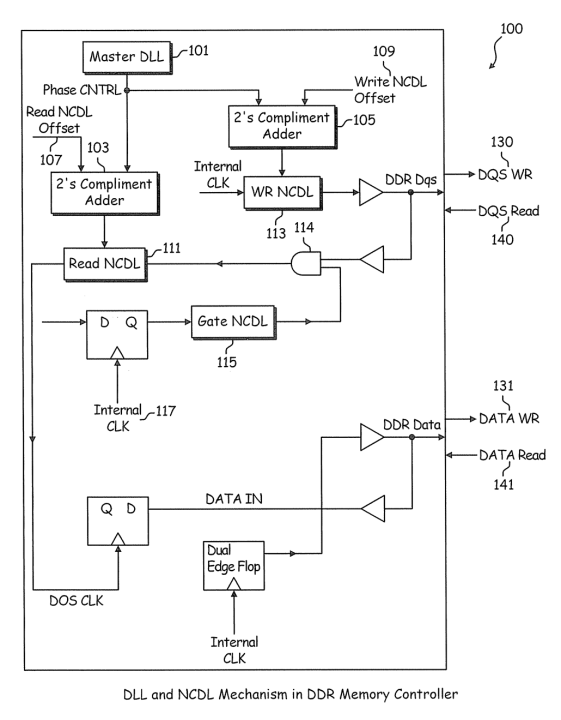
ktMINE’s Brett Schoell and Michael Taylor attended the 2017 Organisation for Economic Development and Cooperation (OECD) International Tax Conference that took place June 5-6 in Washington, D.C. Brett is the Market Lead of Transfer Pricing & BEPS at ktMINE, and Michael is the Chief Technology Officer.
Below is a brief synopsis of the event, specifically outlining takeaways, and our thoughts regarding, from the Transfer Pricing (Part 1 and 2) panels.
A full year after BEPS implementation, the participants of the OECD International Tax Conference are still adopting a ‘wait and see’ mindset. Despite the outcomes of several recent court cases, many practitioners are holding out for more clarity on transfer pricing best practices. Focusing on the panels Transfer Pricing (Part 1 and 2), two major takeaways are as follows:
Choose the Appropriate Benchmarking Method
1. While the Transactional Profit-Split method can be useful, it is more important to utilize the most appropriate method to benchmark intercompany transactions. This requires the practitioner to look for potential comparables.
Regarding point 1, many panelists referred to Advance Pricing Agreements (APAs)/Advanced Pricing Mutual Agreements (APMAs) as the best practice to pursue. The thought being these arrangements allow taxpayers a potential route to agree upon present and future arm’s-length transfer pricing and avoid potential future disputes with tax authorities. Under these agreements, it’s paramount to develop a sound transfer pricing analysis to support transactions.
Ultimately, the main point the panelists conveyed was that practitioners need to use the most appropriate method. This means evaluating the existence of inexact transfer pricing comparables (CUT/CUPs). Using market evidence and making adjustments, while not altering the facts of the transaction, is better than using an inappropriate method or defaulting to a profit-split analysis.
Beyond Standard Licensing Arrangements
2. As business and international law continues to evolve, a greater need for transactional data outside of standard licensing arrangements is becoming more important. However, there is a misconception that data does not exist.
To expand on point 2, as Multinational Entities (MNEs) continue to grow and diversify, a need for new data is becoming increasingly important. Traditionally, most people connect agreement research to benchmarking marketing and manufacturing intangibles. However, agreements exist to benchmark credit arrangements, sales agent services, guarantee fees, and many other transactions such as:
- Research and Development
- Trademark Licensing
- Technology Licensing
- Buying Agent Services
- Toll Manufacturing
- R&D Cost Sharing
- Franchise
- Joint Development
- Software
- International Distributor
- Marketing Services
- Sub-License
- Asset Purchase
- Cross License
- Intangible Property
- Contract Manufacturing
- Confidentiality
- Commissionaire Services
- Commission Agent
- Administrative Services
While most databases historically do not capture this information, some more forward thinking platforms have begun aggregating this information to meet the needs of practitioners.
Overall, the OECD conference continues to be a terrific forum to educate, inform and debate all topics relating to transfer pricing and international tax. As more court cases conclude, and more reporting is completed regarding BEPS, it will be interesting to see how sentiments regarding the most appropriate methods and what data is available change.
Photo from The US Council for International Business’ Twitter feed



